
Conservation groups sued the U.S. Forest Service today for failing to protect streams in the Cherry River watershed from the harmful effects of coal hauling in the Monongahela National Forest.

Conservation groups sued the U.S. Forest Service today for failing to protect streams in the Cherry River watershed from the harmful effects of coal hauling in the Monongahela National Forest.
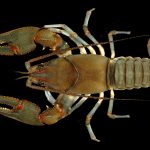
FOR IMMEDIATE RELEASE November 8, 2023 CONTACT Perrin de Jong, Center for Biological Diversity, (828) 595-1862, perrin@biologicaldiversity.org Dan Radmacher, Appalachian Voices, (540) 798-6683, dan@appvoices.org CHARLESTON, W.Va. — The Center for Biological Diversity and Appalachian Voices today sued the U.S. Office…

Today, the U.S. Court of Appeals for the 4th Circuit issued a stay of the biological opinion and incidental take statement under the Endangered Species Act for the Mountain Valley Pipeline.

A petition to protect southern bog turtles under the Endangered Species Act could also help protect their mountain bog homes. But with diminishing habitat and other threats, time could run out for North America’s smallest turtles.
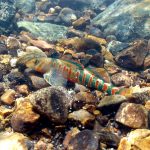
Conservation groups intend to sue the U.S. Forest Service over the agency’s failure to protect several endangered species from the harmful effects of coal hauling in the Monongahela National Forest. The suit would also protect the species’ critical habitats.
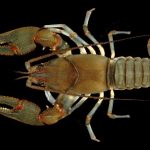
The Center for Biological Diversity and Appalachian Voices filed a formal notice today of their intent to sue the U.S. Office of Surface Mining Reclamation and Enforcement and the U.S. Fish and Wildlife Service for failure to protect the endangered Guyandotte River crayfish and the threatened Big Sandy crayfish from coal mining pollution. Both species are protected under the Endangered Species Act.

Today, for the third time, the U.S. Fish and Wildlife Service issued a Biological Opinion and Incidental Take Statement for the Mountain Valley Pipeline, one of several authorizations necessary under federal law to allow construction of the project.
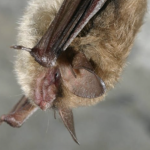
The U.S. Fish and Wildlife Service recently classified northern long-eared bats as endangered, which could help save the species most impacted by the deadly fungal disease known as white-nose syndrome.

Surface mining of this scale is bad news for the environment even if it is conducted within the confines of the law, but South Fork Coal Company’s history of regulatory infractions is almost as egregious as Greenbrier County is beautiful.
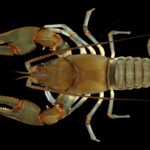
To protect the threatened Big Sandy crayfish and the endangered Guyandotte River crayfish, the U.S. Fish and Wildlife Service formally designated 446 miles of Appalachian streams and rivers as critical habitat.